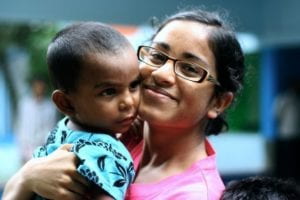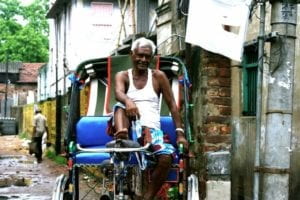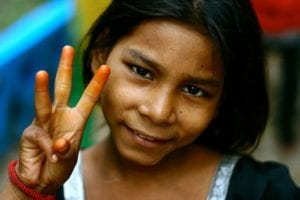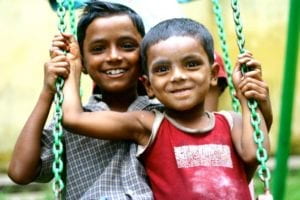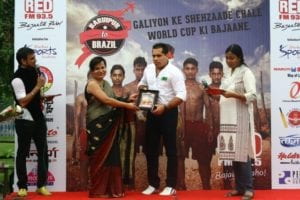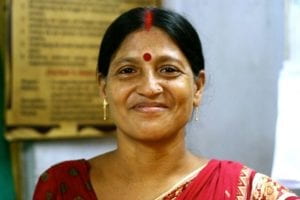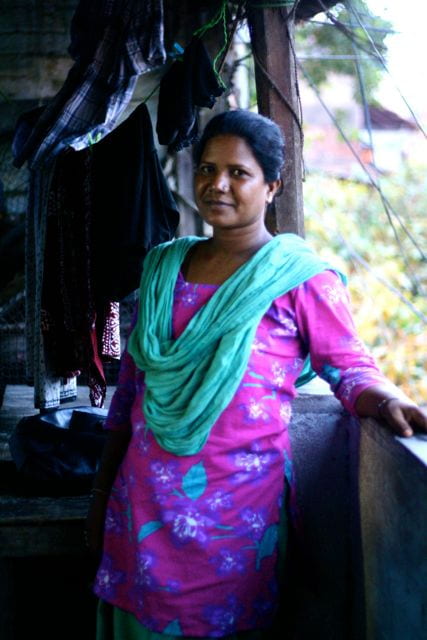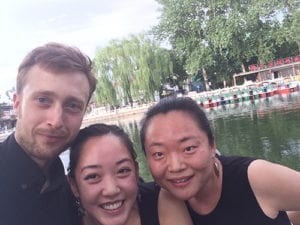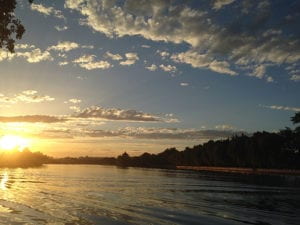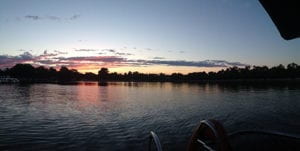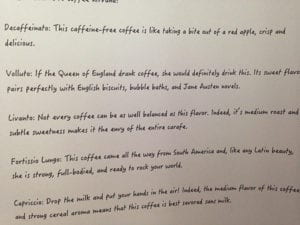David Krebs
Accra, Ghana
The Human Rights Advocacy Center
It’s always been a struggle for me to write about my experiences working, living, and traveling abroad. When it comes to writing about expectations, culture, cultural differences, etc., it is incredibly easy to venture into verbally dangerous waters, and this seems to be especially true when writing about experiences in “Africa.”
News coverage and social media surrounding this year’s World Cup offered some poignant examples of the pitfalls that seem mandatory when it comes to outsiders’ understanding of “Africa.” Delta airlines was hit especially hard when it tweeted the paired images of the Statue of Liberty against a giraffe (USA v. Ghana), apparently unaware that giraffes, in fact, don’t exist in Ghana (please read Africa is a Country). One may be surprised that Delta would make such an error considering it is the ONLY airline that offers direct flights between the US and Ghana.
Our understanding of what an African city or country should look like is often far from the realities on the ground. Ghana is interesting in this respect because it doesn’t fit very well into the singular narrative of what an African country looks like (reminder: there are no giraffes).
I am fortunate to have a basic understanding of what a major African city might look like. My experience working in East Africa offered me the opportunity to spend time in large metropolitan centers such as Dar es Salaam, Nairobi, Kampala, and Kigali, which gave me an idea of what life in Accra could be like. Despite the geographic shift from the east to the west side of the continent, I believe my time in East Africa prepared me well.
I chose to spend my summer in Accra because Ghana seems to be a bit of a paradox in regards to sexual rights and LGBT rights on the continent (my area of focus). A recent Pew survey which asked, “Should homosexuality be accepted in society?” placed Ghana between Uganda and Nigeria as the least accepting of homosexuality, with 96% of respondents saying “no.” This is of interest to me because unlike Uganda and Nigeria, Ghana has remained largely out of the international spotlight in regards to LGBT rights.
Part of my work with sexual minorities in Ghana looks at the role international activism plays in the movement, which is why I was especially happy to attend the first official Gay Pride event in Ghana, hosted at the US Embassy in late June. The event focused more on “knowing your rights” and “how to stay safe” as opposed to celebrating identity or identification.
One of the main arguments against LGBT rights in Ghana (and other African states) is that it is a Western imposition and “un-African.” With this in mind, the fact that the country’s first Pride event was hosted by and on the grounds of the US embassy doesn’t do much to refute the argument of homosexuality as un-African.
It was widely reported that the British government threatened to cut aid to Ghana and governments of “countries that persecute homosexuals” unless they stopped punishing sexual minorities. While the intent may well be to uphold the rights of sexual minorities on the continent, cutting aid disregards LGBTI and broader social justice movements on the continent.
Donor sanctions may in fact be one way of seeking to improve the human rights situation in a country but does not necessarily result in the improved protection of the rights of sexual minorities. Donor sanctions are by nature coercive and reinforce the disproportionate power dynamics between donor countries and recipients. Further, sanctions sustain the divide between sexual minorities and the broader civil society movement. In the context of general human rights violations (gender-based violence, access to health, food security, etc.), singling out LGBTI issues emphasizes the idea that sexual minority rights are special rights and hierarchically more important than other rights.
